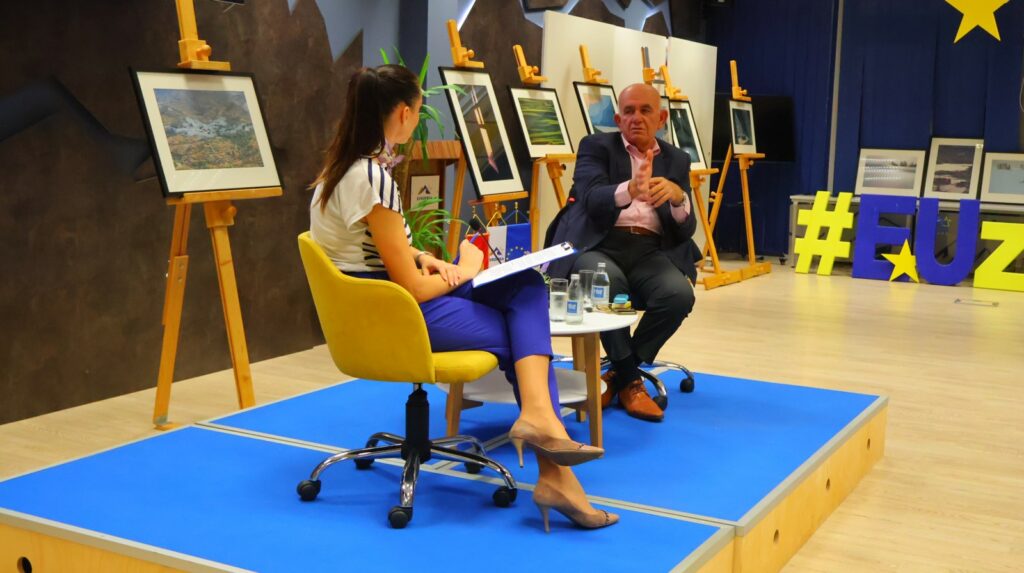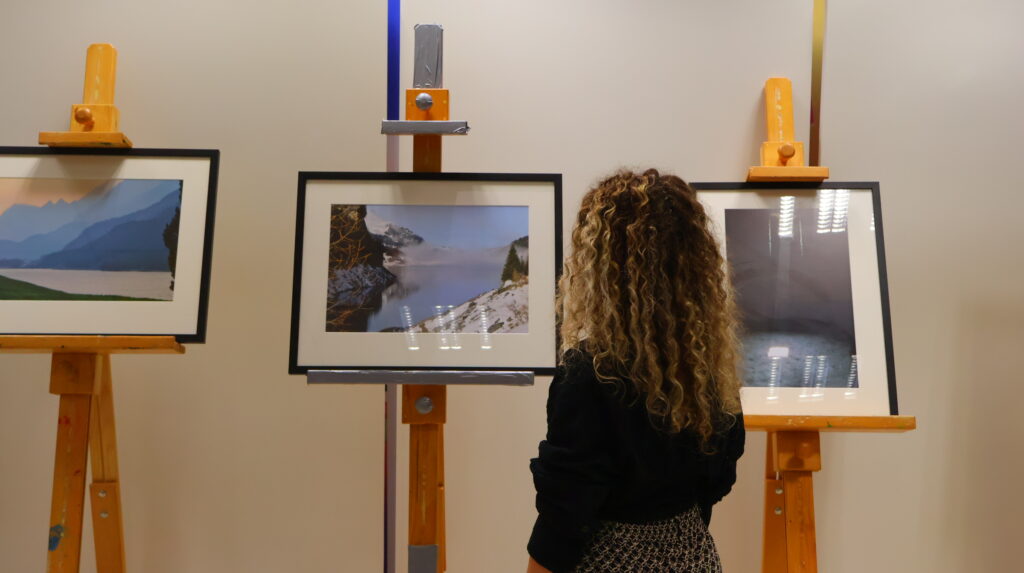The Ambassador of the Republic of Greece to Montenegro, Panagiotis Partso, is a world traveller, a Harvard graduate, and a passionate photographer. He is the only member of the Greek diplomatic service who has served his country “only in the neighbourhood.” In the beginning, while choosing his profession, he liked the idea of becoming a diplomat and getting to know new countries and cultures. This brought him to Montenegro.
“I came to Montenegro, and after three months, the COVID lockdown began. That made my job quite challenging. Not being able to leave my home led me to take up gardening. So, back then we had a lot of free time, which I miss now. I love to read, but I don’t have as much time for it as I’d like,” the Ambassador said.
He added that the countries in the region are in many ways similar and different at the same time. This diversity, the Ambassador suggests, should not be a reason for conflicts but rather the basis for better cooperation.
When you enter the EU, he continues, in the beginning, the public view is very romantic, but the point is that it’s a process of the progress of national entities.
“It’s a community that changes you, like wine changes, for example. Essentially, it’s a legal and legislative system that, when you join in, comes as a shock therapy. This transformation can be shocking, and some adjustments must be made in the process,” the Ambassador explained.
He advises young people to be aware that they have both a heart and a mind. The mind is essentially the capacity to understand, but people cannot live without their hearts and their feelings.
“Therefore, you should love and feel your profession, so that the station you boarded in the train of your life is the right one. Follow your heart with one big “but.” That “but” is the balance of your life that is achieved through the mind,” Partso said.
The Greek Ambassador is convinced that Montenegro will be the next member of the European Union. He says the European Union is a “European peace experiment,” and the decisions in the EU are made by member states and their governments. Ambassador Partso emphasised that the governments are run by politicians who are not miracle workers but people who can do both good and bad things.
“Often, public criticism is directed at politicians, and it’s based on what can be done. But it should be known that what is possible today may not be possible tomorrow, and vice versa,” the Ambassador concluded.


